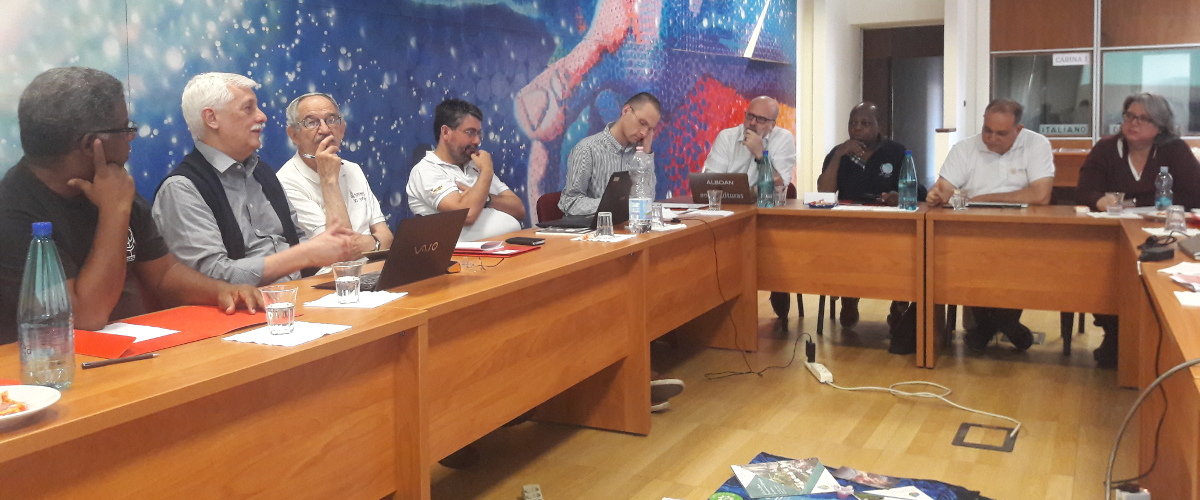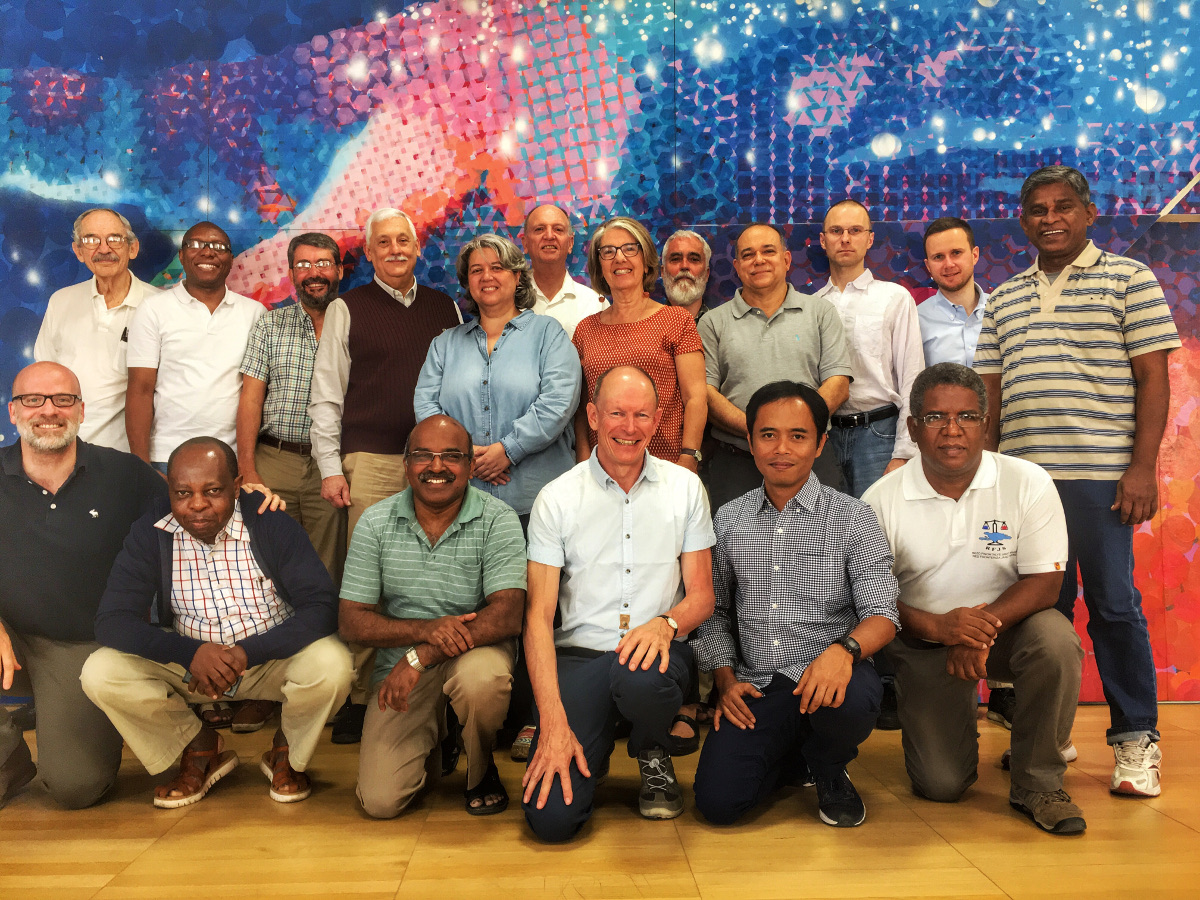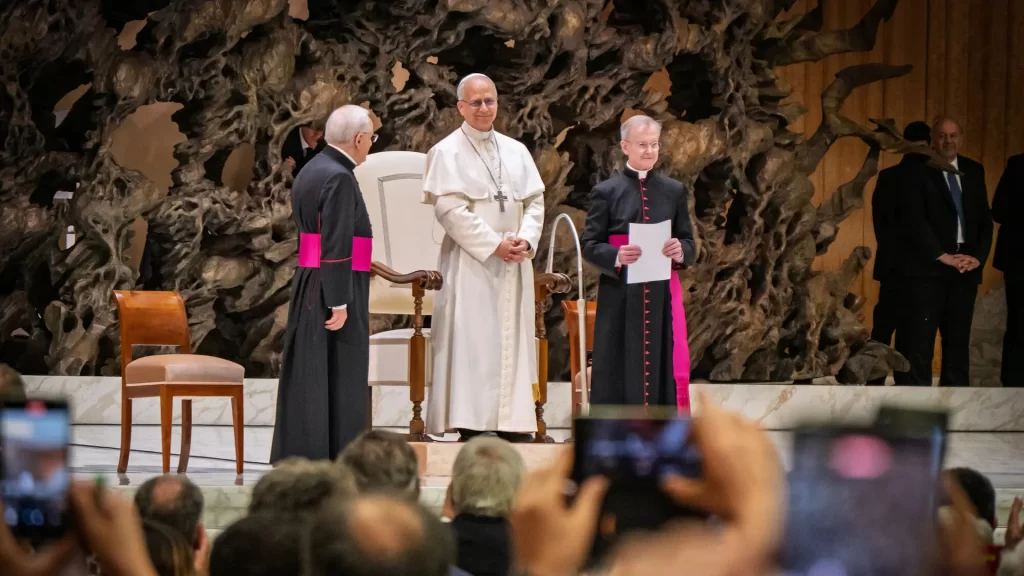
Fr Xavier Jeyaraj SJ, the director of the Social Justice and Ecology Secretariat had convened the meeting, held from April 23 to 27, mainly to discuss the input of the social apostolate on the Universal Apostolic Preferences (UAP) and the reorganisation of GIAN in light of the message of General Congregation 36.

This challenge presents itself at a time when the Society itself is changing.
At present there are around 15,000 Jesuits, spread in more diverse parts of the world than ever before, and the Society has matured in Asia, Africa and Latin America. Although several provinces see an increase in vocations, the overall number continues to decline by around 300 every year. At the same time, more than 80,000 lay people are actively engaged in various works of the Society as collaborators or partners in mission. These changing demographics point to the fact that the Society is “at a turning point”, as characterised by Fr Dardis in his presentation on the need to do discernment in common and apostolic planning, that turning point must be reflected in our choice of apostolic missions and strategies.
With that in mind the conference coordinators considered the most pressing concerns in the world today in discerning suggestions for the preferences.
Fr Benny Juliawan SJ, JCAP secretary for Social Apostolate, shared that ecology and migration continued to be on everyone’s mind, although all were well aware that these two concerns take different forms in various contexts and may need new expressions to convey the heightened sense of urgency. A third concern had to do with the disappearing sense of shared humanity. As societies across the world are increasingly divided by race, religion, caste, political allegiance and gender, many people are being marginalised and excluded from mainstream society. Therefore, the group agreed that the Society must work for the inclusion and participation of the marginalised while contributing to the healing of those divisions.
In a parallel meeting, the GIAN leaders reviewed the state of the network in the 10 years of its existence. It was clear that GIAN had made little progress and struggled for relevance despite being representative of the Society’s commitment to justice and collaboration. At the root of this inertia is the incompatibility of GIAN as an interprovincial network within the largely provincial structures of the Society. Added to this is the lack of institutionalisation of the social apostolate. Many works on the ground are centred around individual Jesuits with few resources, which is very different from the more established works of the Society such as schools and universities. Addressing these weaknesses, the leaders suggested housing GIAN under the secretariat of social justice and ecology in Rome and aligning the themes with the upcoming UAP of the universal Society.
The delegates left the meeting with a strong feeling that the ongoing apostolic planning would bring significant changes to the Society. Fr Dardis called this a possible “foundational moment”, while Fr General urged everyone to have a “holy anger” to bring about changes. In any case the whole process of discerning the UAP will continue until January 2019 and we are all invited to be part of this process.






